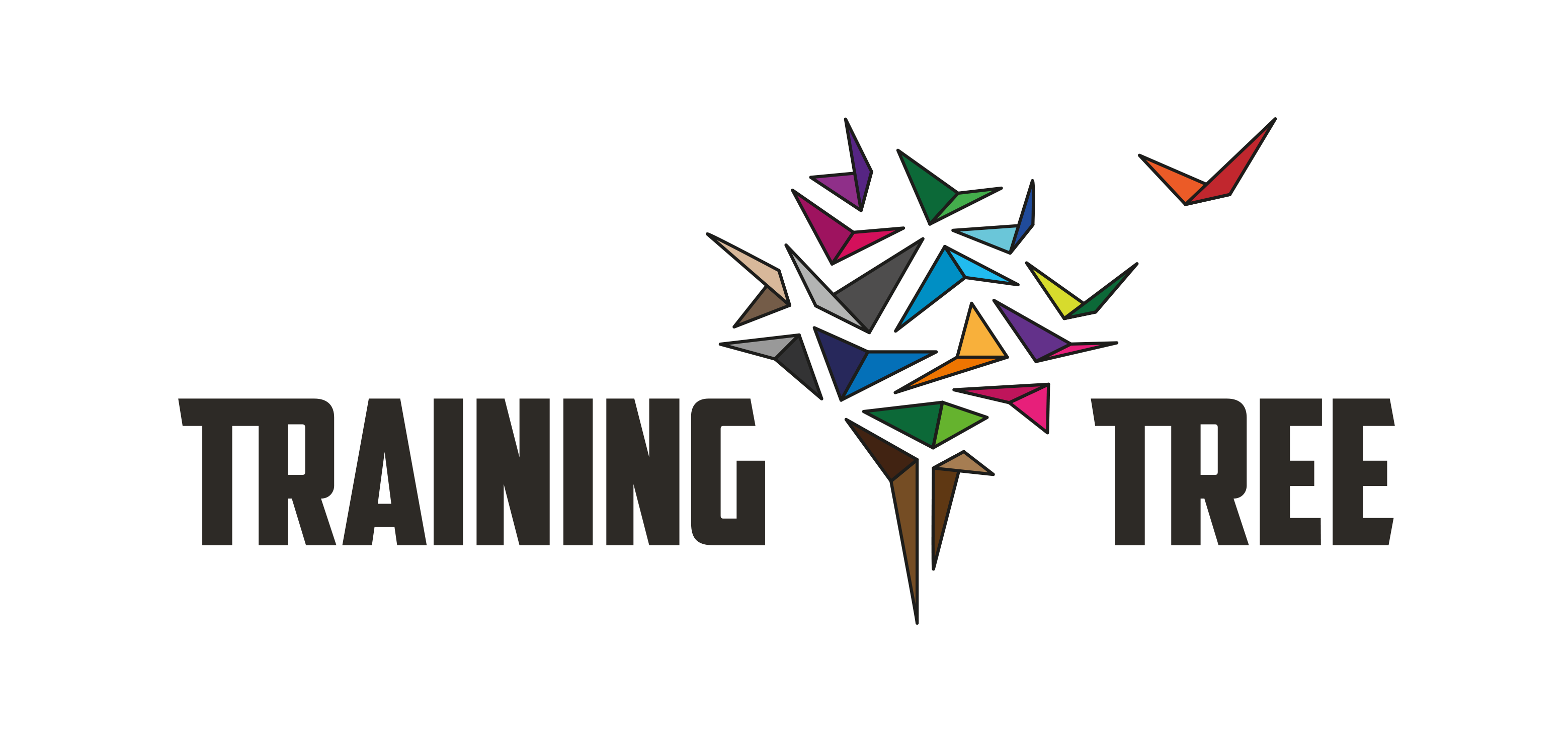Description
Since the 1960s, Dr. Meredith Belbin has been conducting research on team functioning at Cambridge. As a result of these studies, a model describing roles that characterize team members was developed. This concept was named the "Belbin Team Roles Theory®." Currently, the concept "assists" in building and managing teams in corporations worldwide. Each of us possesses roles that are natural to us, as well as those that are not preferred. Based on a specially prepared test (Participants complete it electronically), we are able to determine the individual employee profile (Individual Report), and consequently, the tasks that should be performed in the team. During the training, we will provide practical knowledge about the Belbin Team Roles Concept and practice ways to apply this knowledge in business practice, including team management and individual employee management, motivation, recruitment, etc.
Benefits
- Analysis of key areas in team management, including what motivates individual employees, how to communicate instructions, etc.,
- Analysis of manager’s strengths and areas for development,
- Understanding employees’ team roles (“cheat sheet” for manager’s management),
- Creating a team matrix and analyzing team’s strengths and potential threats.
Topics covered
- Team roles – discussion of reports,
- Co-operate® game,
- Social, task, and intellectual types,
- Team matrix – strengths, potential threats,
- Stages of team development,
- Motivation and demotivation depending on the employee,
- Contribute® game,
- Improving communication within the team,
- Recruitment – how to recruit to strengthen the team,
- Conflicts – causes and ways to prevent them.
Trainers
Managing Director, Trainer, Coach, Consultant
Managing Director of TRAINING TREE. Lecturer at the University of Warsaw and the Warsaw University of Technology Business School (MBA). Doctor of Humanities, certified EMCC Coach, Belbin Team Roles® Consultant, Practitioner, and Business Practitioner in the Art of NLP.

